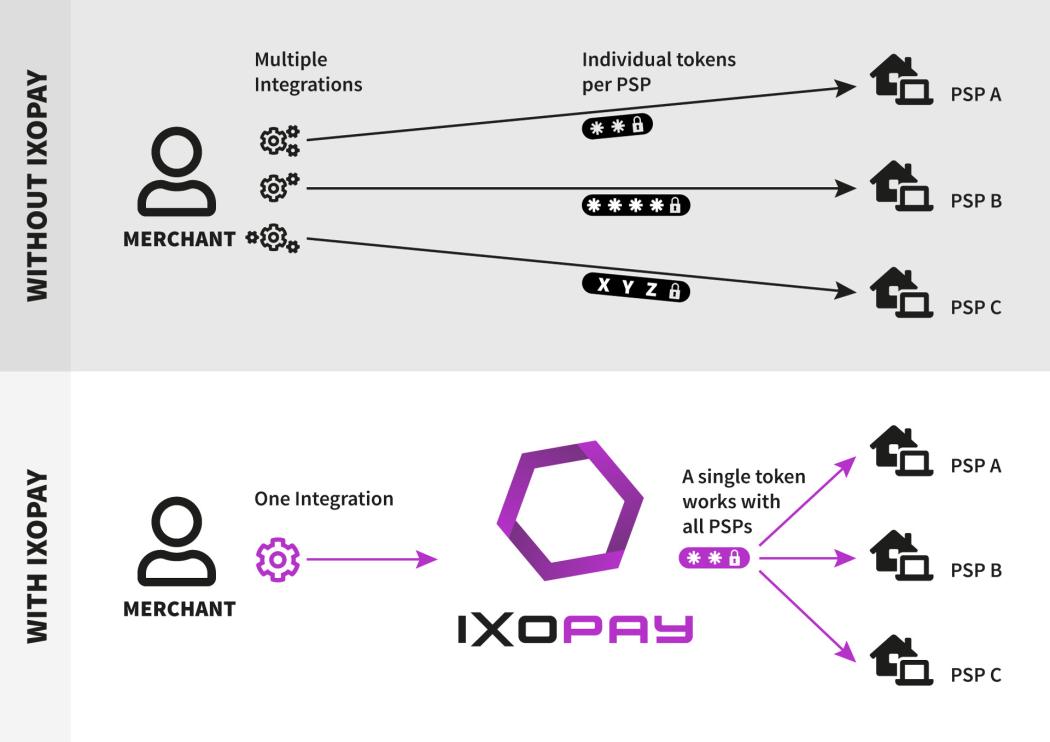Vendor lock-in occurs when a customer becomes highly dependent on a particular vendor, and is unable to switch to a different vendor or competitor due to the costs of doing so.
What is payment provider lock-in?
What are the risks associated with vendor lock-in?
How can merchants avoid vendor lock-in?
How can IXOPAY help merchants avoid vendor lock-in?
Why is there no risk of vendor lock-in with IXOPAY?
